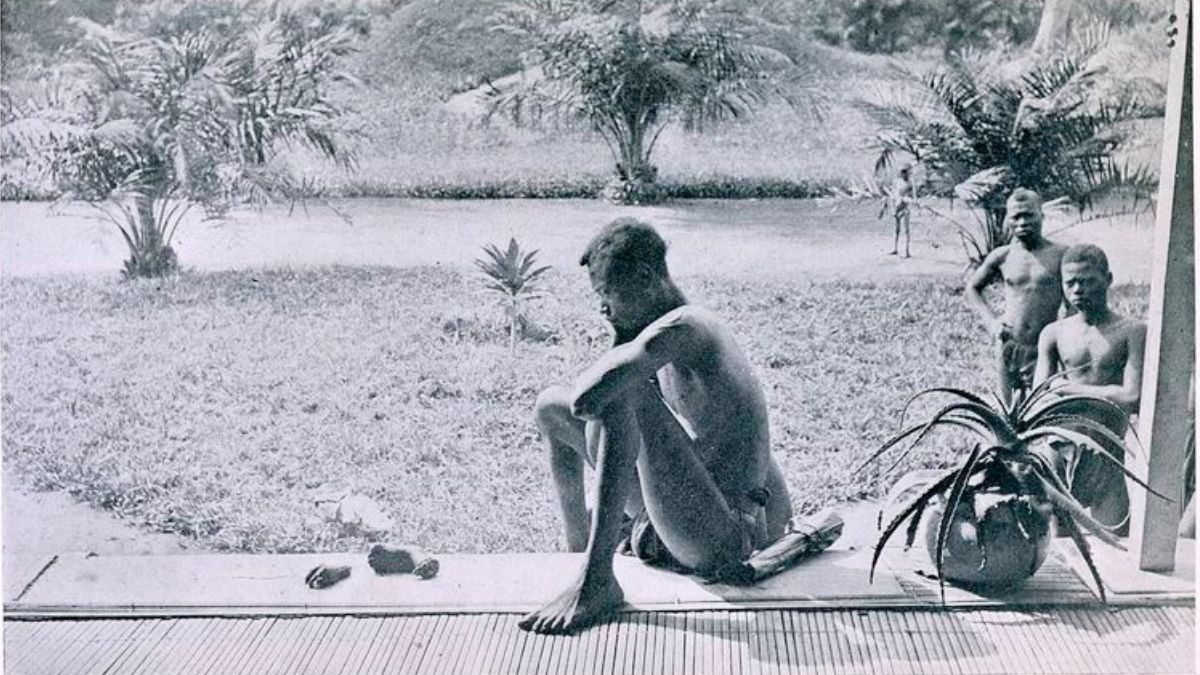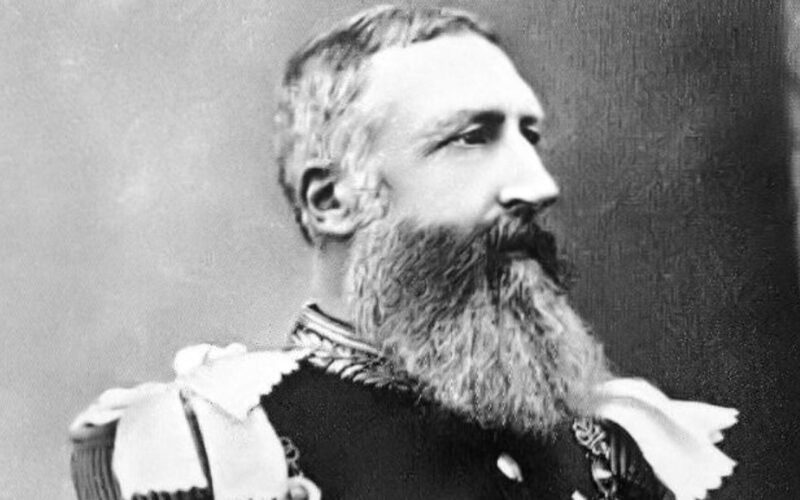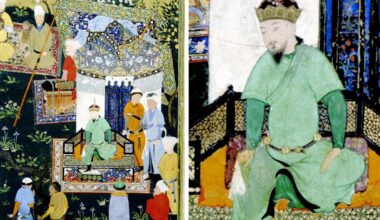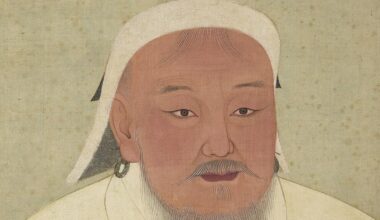King Leopold II of Belgium is often hailed as the “Builder King” for his modernization efforts in Belgium. He holds a far darker secret buried deep within the history of the Congo Free State (1885-1908). His personal fiefdom in Central Africa, masquerading as a philanthropic venture, was instead a brutal regime characterized by forced labor, mutilation, and widespread death. This article delves into the atrocities committed under Leopold II’s rule, analyzing its motivations, methods, and the devastating impact it had on the Congolese people and the region as a whole.
From Dreams to Despotism
Driven by dreams of personal wealth and imperial expansion, Leopold II carved out the Congo Free State for himself through international agreements and ruthless exploitation. He established a system of absolute control, treating the land and its people as his personal property, ignoring the existing social and political structures.
The Rubber Racket
The discovery of vast rubber reserves in the Congo fueled Leopold’s greed. He implemented a ruthless quota system, forcing Congolese men, women, and even children to collect rubber under threat of brutal violence. Failure to meet quotas resulted in mutilations, public executions, and the infamous practice of hand-chopping as a warning to others. Villages were burnt down, families torn apart, and entire communities subjected to unimaginable cruelty.
Beyond Rubber: A System of Exploitation
The atrocities extended far beyond rubber collection. Forced labor was used for ivory extraction, infrastructure projects, and personal enrichment of Leopold and his cronies. Taxes were imposed on basic necessities, further driving desperation and impoverishing the population. The Force Publique, a private army notorious for its brutality, enforced the regime’s will through terror and intimidation.

The Cost in Human Lives
The true scale of human suffering inflicted under Leopold’s rule remains a matter of debate. The estimates ranging from millions to upwards of 10 million lives lost. This staggering toll resulted not only from direct violence but also from the indirect consequences of forced labor, famine, and disease spread by the colonial system.
International Outrage and Reluctant Reform
Leopold’s barbarity did not go unnoticed. Journalists, missionaries, and human rights activists documented the atrocities, sparking international outrage. The Congo Reform Association, spearheaded by Edmund Morel and Roger Casement, played a crucial role in exposing the horrors to the world. Facing mounting pressure, Leopold reluctantly ceded control of the Congo Free State to the Belgian government in 1908, though the brutality continued in a milder form until independence in 1960.
A Legacy of Trauma and Underdevelopment
The scars of Leopold’s reign continue to resonate in the Democratic Republic of Congo today. The colonial experience left a legacy of political instability, economic underdevelopment, and deep social divisions. The exploitation of natural resources at the expense of local communities remains a recurring theme, highlighting the enduring impact of Leopold’s greed and brutality.
Leopold II’s Congo Free State stands as a stark reminder of the devastating consequences of colonial greed and unchecked power. The story serves as a powerful call for acknowledging historical injustices, promoting human rights, and ensuring responsible governance in resource-rich regions. Only by understanding the past and its enduring legacies can we work towards a future where the rights and dignity of all people are truly valued and protected.
Further Reading
- King Leopold’s Ghost: A Story of Greed, Terror, and Heroism in Colonial Africa by Adam Hochschild
- Heart of Darkness by Joseph Conrad
- The Scramble for Africa by Thomas Pakenham
Additional Notes
- This article avoids sensationalizing or dehumanizing any group of people, focusing instead on factual accounts and the impact of Leopold II’s regime.
- The article acknowledges the complexity of the historical context and avoids making sweeping generalizations.
- The focus is on the atrocities committed and their consequences, not on perpetuating negative stereotypes about any specific group.










